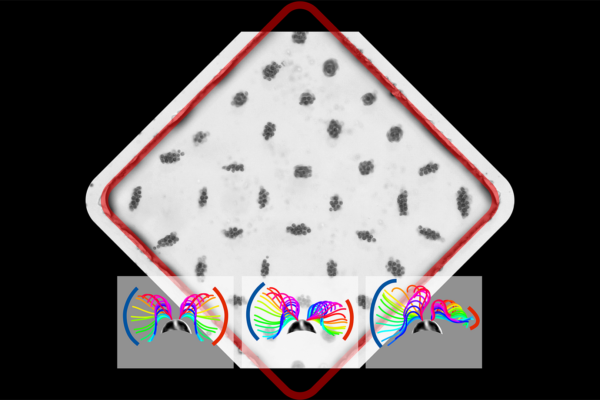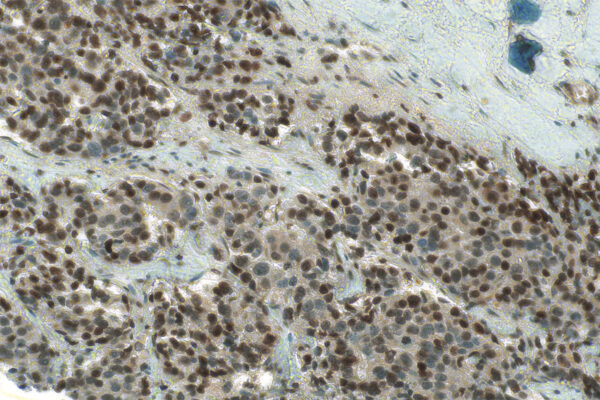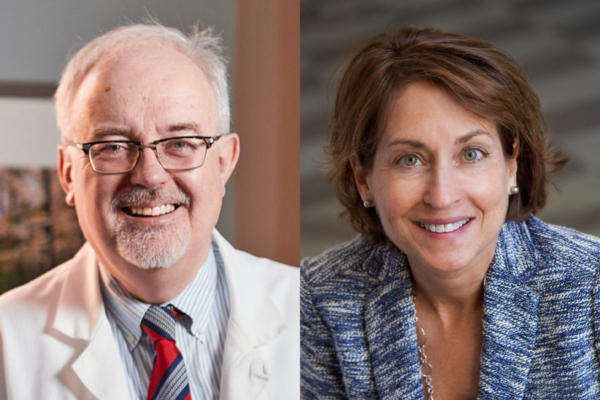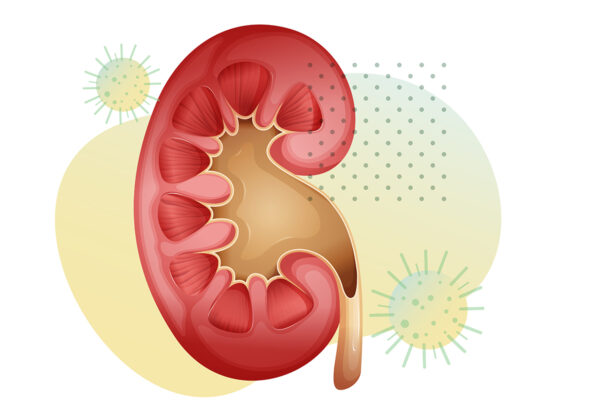Tick-borne Bourbon virus infects people, wildlife in St. Louis area
Ecologist Solny Adalsteinsson, at the Tyson Research Center, and virologist Jacco Boon, at the School of Medicine, are part of a One Health team studying how tick-borne Bourbon virus spreads through the environment, wildlife and people.
Altered gut bacteria may be early sign of Alzheimer’s disease
A study by researchers at Washington University School of Medicine reveals that the bacteria that live in the gut change long before Alzheimer’s disease symptoms arise. The discovery could lead to diagnostics or treatments for Alzheimer’s disease that target the gut microbiome.
Maternal vitamin D deficiency increases lifetime diabetes risk in offspring
Researchers at the School of Medicine have identified a process in immune cells that links vitamin D deficiency during pregnancy to an increased risk of Type 2 diabetes in offspring.
Robert M. Senior, MD, professor emeritus of medicine, 86
Robert M. Senior, MD, a highly regarded physician-scientist and professor emeritus at the School of Medicine, died peacefully June 8 at his home in St. Louis. He was 86.
Treadmill for microswimmers allows closer look at behavior
A team from the McKelvey School of Engineering at Washington University in St. Louis and Massachusetts Institute of Technology has created an acoustic microfluidic method that offers new opportunities to conduct experiments with swimming cells and microorganisms.
Study reveals how treatment-resistant prostate cancer provides its own hormonal fuel
A new study in mice led by School of Medicine researchers shows how prostate cancer creates its own hormonal fuel supply in response to anti-testosterone therapy. The study further suggests a strategy to block this process and potentially improve therapy options.
Powderly, Setton receive faculty achievement awards
William G. Powderly and Lori A. Setton will receive Washington University’s 2023 faculty achievement awards, Chancellor Andrew D. Martin announced.
Children’s brain scans provide clues to processing of emotional cues
Washington University researchers found that how children’s brains process emotional cues typically is set by the time they are school age. They studied brain scans from hundreds of children ages 5 to 15 who watched videos that dealt with emotional topics.
Donated kidneys from deceased COVID-19 patients are safe to transplant
Kidneys from organ donors who were diagnosed with COVID-19 are safe to transplant and don’t transmit the virus to people who receive those organs, according to a new study led by researchers at the School of Medicine.
Patti wins American Chemical Society Midwest Award
Gary Patti, in Arts & Sciences and the School of Medicine, has won the 2023 American Chemical Society Midwest Award. This annual award recognizes outstanding achievements in chemistry in the Midwest region.
View More Stories









